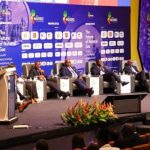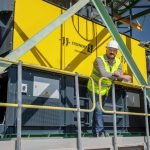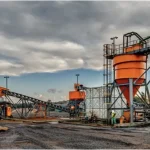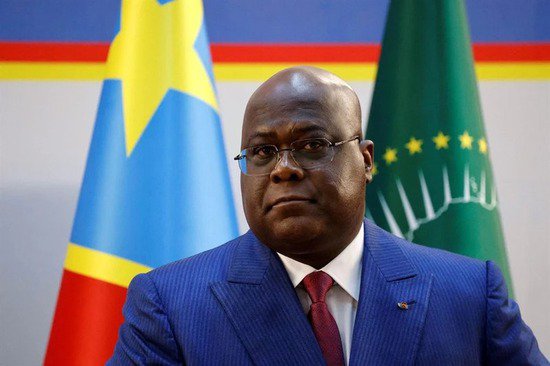At the Munich Security Conference on February 14, DRC President Félix Tshisekedi accused Rwanda of fueling instability in eastern DRC to exploit its rich deposits of 3T minerals—tungsten, tin, and tantalum—essential for modern technology.
Tshisekedi condemned Rwanda’s alleged territorial ambitions over North and South Kivu, particularly Masisi and Rutshuru, calling them a pretext for illegal mining operations. He pointed to the Rubaya mine in Masisi, a key coltan and 3T ore source, as a primary target of Rwandan-backed forces.
“These highly prized materials are fueling this bloody conflict. Rwanda creates instability, weakens state authority, and displaces local populations through terror and ethnic cleansing—ensuring unchallenged access to our mineral wealth.”
Push for Ethical Sourcing and Legal Action
Tshisekedi urged legitimate investments in the DRC mining sector, calling on companies to establish transparent contracts rather than sourcing minerals through illicit channels linked to Rwanda.
He also referenced the DRC’s 2024 lawsuit against Apple in France and Belgium, accusing the tech giant of benefiting from illegally sourced 3T minerals.
“We did not sue Apple to punish them, but to raise awareness and direct them to the rightful authorities for legally binding contracts.”
Tshisekedi emphasized on-site mineral processing and value addition as essential for job creation and economic growth within the DRC.
As conflict persists in eastern DRC, his calls for international accountability and corporate responsibility highlight the urgent need for ethical supply chains to break the cycle of resource-driven violence.















